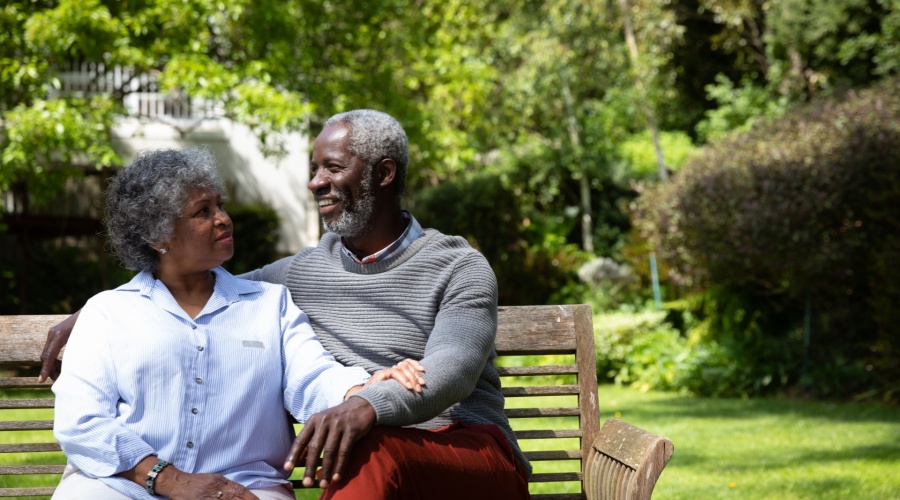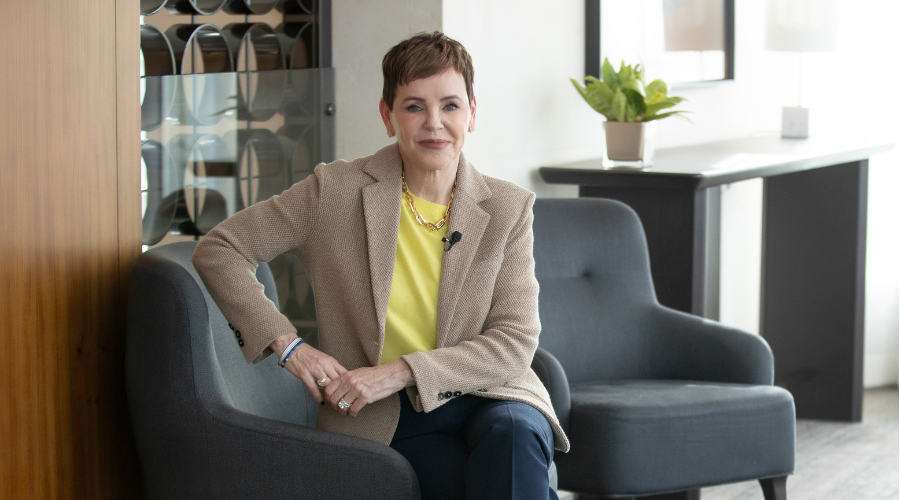Do you know someone who was sitting on pins and needles before the federal government’s 2017 budget? By reading the business press, you’d think most Canadians were dreadfully concerned about an increase to the capital gains tax.
Although most of us can only imagine being concerned about paying a higher rate of tax on capital gains, it’s fair game to dream.
If you have lots of money making more money in unregistered accounts, your investments generate capital gains. Before the budget, the buzz about capital gains was started by Gluskin Shefff’s chief economist David Rosenberg. Earlier this year Rosenberg wrote about “a soak the rich budget,” which would return the rate of taxation on capital gains to 75 per cent from its current rate of 50 per cent.
“Capital gains taxes ostensibly are a key source of revenue generation for the Liberal Party — it’s a given,” said Rosenberg in his morning investor’s note of March 14 entitled “Like father, like son.”
As the Financial Post pointed out, Rosenberg “reminds investors that the government of Justin Trudeau’s father, Pierre, was the first to initiate capital gains taxes in 1972. The inclusion rate was raised to 75 per cent in 1990, but then later dropped to 67 per cent and then 50 per cent under former Prime Minister Stephen Harper.” Rosenberg’s argument, along with other market economists and brokers, was that a tax hike would stifle investment and innovation.
In view of Donald Trump’s impending tax-slashing election promises, Finance Minister Bill Morneau flat out admitted that the uncertainty in Washington disrupted his planning schedule in Ottawa.
Our government just doesn’t know whether Trump’s Washington is going to be good or bad for Canada. Are U.S. taxes going to be so much more competitive that it will be challenging for Canadian business? This is the question Morneau and his team are asking themselves.
Ultimately, the tax the rich budget that Rosenberg predicted didn’t happen. In fact, the budget was more an anti-budget, called “Building a Strong Middle Class.” Instead of discouraging investment, it attempts to encourage universities and colleges to partner with business to train workers for the jobs of the future. After all, 40 per cent of today’s jobs will be gone in the next ten years.
Conservative interim leader Rona Ambrose accused the Liberals of “missing a critical opportunity to respond to Trump’s aggressive move to reduce taxes for business and individuals.”
NDP leader Tom Mulcair was predictably miffed that the capital gains tax wasn’t imposed on wealthy Canadians. I was surprised that he didn’t make the argument that Canada should try to implement it’s own home-grown budget that anticipates U.S. volatility, but then Mulcair awkwardly backs away from being anything but angry Tom.
For seniors without a large portfolio of capital gains to stress about, there was precious little in this budget to celebrate and neither of the Opposition parties appear to be too interested in the financial health of Canada’s older adults, even though seniors religiously show up at the voting booth.
Changes for seniors focused on health care and tax credits, with medical costs extended to ten years from the time they were incurred. The caregiver tax credit is now $6883 if you’re looking after your spouse, common-law partner or even siblings, aunts, uncles or anyone in your family, even if you don’t reside with the patient. Remember that this is only a tax credit and not treated as payment for work. There’s also a new Employment Insurance caregiving benefit, which offers caregivers up to 15 weeks of E.I. benefits while taking care of an ailing family member.
As was the case for the 2016 budget, middle income young families were the target of this budget with an $11-billion increase for a national housing plan and $7-billion for increased child care.
Avery Shenfeld chief economist for CIBC capital markets, remarked,
“What surprises me is how little there is in this budget.”
From my point of view, I would have preferred to see a national housing strategy that directly helps seniors remain in their homes or encourages new housing incentives which allow older adults to combine their living arrangements in a tax friendly manner. Although the budget does mention vulnerable citizens as a priority, it could be much more focused on what needs to be done for older adults who face serious obstacles aging in place, something the majority of seniors wish to do.
One of the main financial issues all seniors face is whether they will outlive their savings. Right now seniors are forced to pull 5.28 per cent yearly from their RRIFs starting the year they turn 71. With the bottom falling out of the bond market and poor or volatile returns from equity investments, it would make sense to lower the rate to at least 4.28 percent. Since we’re living longer these days, the government would do well to calculate RRIFs to stretch into seniors’ nineties.
I would have also liked to see the federal government deal with the pension issue. It’s disappointing that the budget did not implement the Liberal campaign promise to reinstate of the choice of a lifetime pension for veterans who retired after 2006.
As companies move away from defined benefit pensions to defined contribution pensions, to no pensions at all, what working Canadians need more than anything is an updated Canadian Pension Plan, that provides a retirement cushion for contract workers. If we’re moving toward a gig economy, the feds need to plan for the future in domains not directly affected by Donald Trump’s Washington. Perhaps taxing UBER is a cagey move in this direction.































